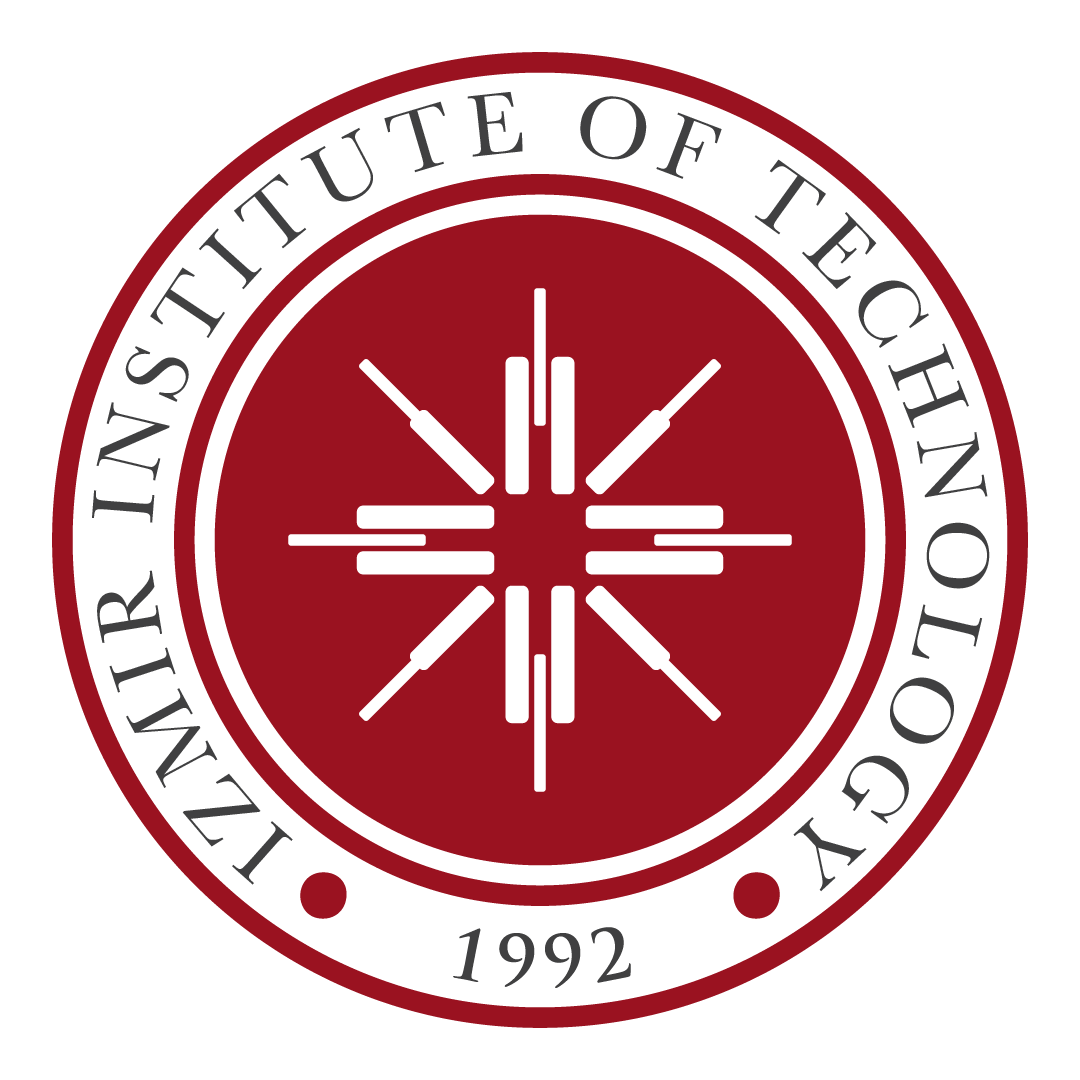CENG 613
Research Methods in Computer Science
What is research; Research process models; Intellectual discovery; Research methods; Who is Who in Computer Science Research; Reading research papers; Structure of research papers; Literature searches; Bibliographies and referencing; Research presentations; Research project proposal; Research project planning; Risk management; Legal, social and ethical issues.
Instructor(s)
Other MS Courses
- CENG 500
- CENG 501
- CENG 502
- CENG 503
- CENG 504
- CENG 505
- CENG 506
- CENG 507
- CENG 508
- CENG 509
- CENG 511
- CENG 512
- CENG 513
- CENG 514
- CENG 515
- CENG 516
- CENG 517
- CENG 518
- CENG 521
- CENG 522
- CENG 523
- CENG 524
- CENG 525
- CENG 531
- CENG 532
- CENG 533
- CENG 534
- CENG 541
- CENG 542
- CENG 543
- CENG 544
- CENG 551
- CENG 552
- CENG 555
- CENG 556
- CENG 557
- CENG 561
- CENG 562
- CENG 563
- CENG 564
- CENG 565
- CENG 566
- CENG 590
- CENG 608
- CENG 611
- CENG 612
- CENG 631
- CENG 632
- CENG 641
- CENG 642
- CENG 643
- CENG 651
- CENG 661
- CENG 662
- CENG 663


